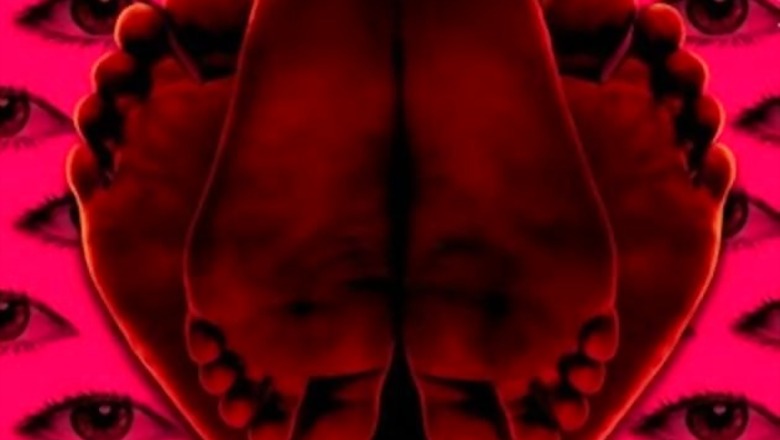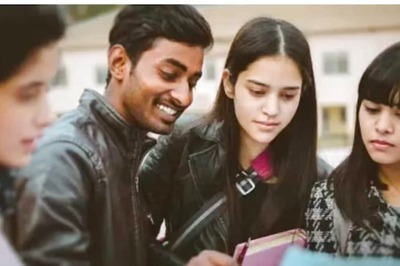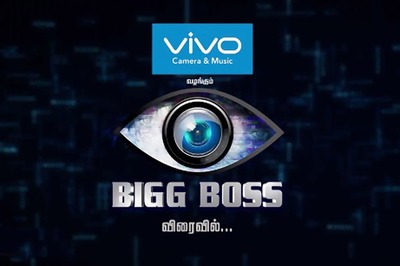
views
Dibakar Banerjee's Love Sex Aur Dhokha (LSD) is a story of human relationships and conflict, all being captured on camera, with or without the knowledge of the people involved. The film interweaves three stories in one to show how our lives are affected by the intrusion of the camera.
The first story shows two film school students, Rahul (Anshuman Jha) and Shruti (Shruti), who fall in love in the process of their diploma film's making. Belonging to different backgrounds but with a love for films, especially Dilwale Dulhania Le Jayenge, they elope and get married, while capturing everything on camera for their idol, filmmaker Aditya Chopra...
The second story is based in a supermarket and what its security camera records, and is manipulated to record. Unemployed Adarsh (Raj Kumar Yadav) has an affair with store staffer Rashmi (Neha Chauhan) and records their adventures for some easy money…
The third story shows journalist Prabhat (Amit Sial in a completely different avatar from Hope and a Little Sugar) saving the life of a dancer Mrignaina 'Naina' Biswas (Arya Banerjee). Naina has been a victim of the casting couch at the hands of several people, including pop star Loki Local (Herry Tangri). The two form a team in order to expose Loki's misdeeds…
All the protagonists in the film are shown to be either naive, gullible or victims of the circumstances created due to their naivety. The actors in the film do a good job, especially the two in the first story. The look and feel of the film is very, very real.
The camera angles are all hand-held and point of view, and of course, security cam corner angles. So, it's not a film where you will see great shots, but shots as they look in real life through a spy cam. It takes guts to use such cinematography throughout the film, that too a film which is meant for a theatrical release as a feature.
But in the end, due to that fact, LSD might just end up looking like the director's own diploma film. It certainly cannot be compared to Anurag Kashyap's school of filmmaking (if you were expecting a Dev D). Kashyap would've probably handled the script and direction with much more maturity.
Not taking credit away from Dibakar where it's due – he has chosen everyday characters and etched them out well, right from what they're wearing to their body language and dialogue.
LSD will shock you at points, but the shock value, at least in the uncensored version, will fade away. The young crowd who probably would buy the tickets for some cheap thrills will be disappointed.
But then, that's not what the film is about. It shows you what happens and lets you decide what is right or wrong. But it also shows its characters in black and white –- Shruti and her dad, the dancer and the popstar, the reporter and his editor.
It's good to see a film like this being made, but overall, LSD is strictly a multiplex film and will not appeal to the masses. It has no songs and action, and people will watch only for the thrills. Nevertheless, it holds your attention because you want to know what's going to happen next. You know what's going to happen is wrong, but you also want to see it stopped and see who stops it. One does not feel that when one emerges from the theatre.
Somewhere, you feel LSD is a reflection of things happening around us, but just that. Although it shows its characters making choices, right or wrong, the film does not offer a conclusion neither does it attempt to get preachy and offer a solution. LSD is simply 'what you see is what you get'.
With the constraints of making a commercially viable and releasable film, LSD does not really tackle voyeurism in depth.
Verdict: LSD is a good try with new storytelling and camera techniques. But it does not have mass appeal or repeat value. Strictly for multiplexes.
Rating: Just a notch above average.




















Comments
0 comment